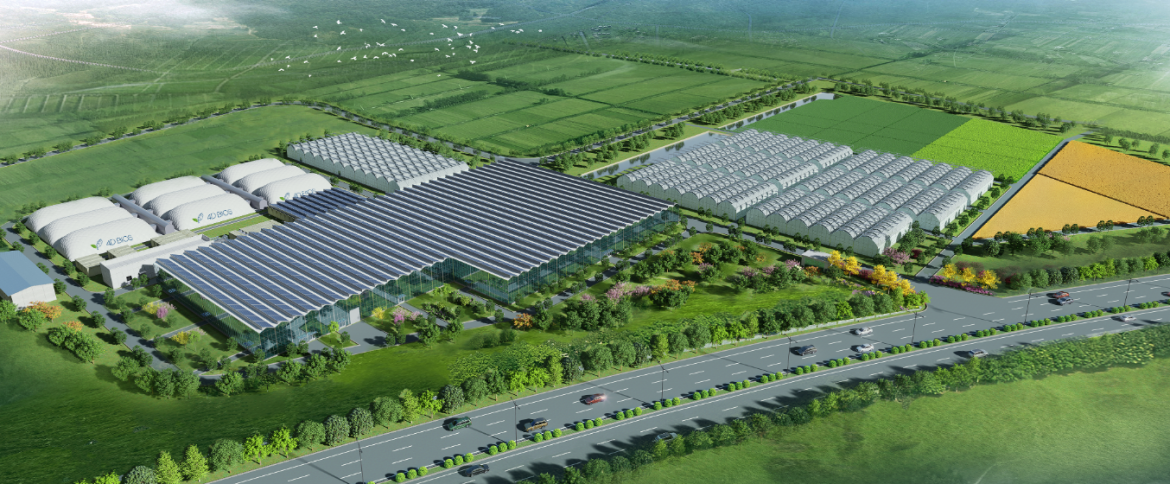In today’s agricultural landscape, the demand for eco-friendly and efficient practices is rising steadily. Farming solutions that prioritize sustainability are becoming essential to meet the needs of modern societies while protecting natural resources. By integrating controlled-environment agriculture, precise resource management, and advanced technologies, farmers can reduce waste, optimize yields, and maintain ecological balance. These practices are particularly important in regions like Europe, North America, and the Middle East, where food security and environmental considerations are closely monitored by policymakers. Additionally, sustainable farming helps communities adapt to climate change while promoting local food production and reducing dependence on long-distance transportation networks.
Smart Farming Technologies Enhancing Sustainability
Sustainable agriculture increasingly relies on technology-driven methods. Smart farming systems combine AI-powered monitoring, automated irrigation, and nutrient delivery to optimize crop production while minimizing resource consumption. These systems help experienced growers maintain consistent crop quality and efficiency. By employing controlled lighting, vertical cultivation techniques, and real-time environmental management, cities and rural regions alike can benefit from higher productivity with lower ecological impact. Such technologies demonstrate how farming solutions can transform traditional agriculture into a more sustainable and resilient system, addressing challenges such as soil depletion, water scarcity, and energy consumption, while fostering innovation within the farming community.
Collaborative Initiatives for Modern Agriculture
Practical implementation of sustainable practices often involves collaboration between technology providers and local governments. For example, 4D Bios has partnered with Hangzhou Fuyang District Jiuli community government to establish the Fuyang Smart Agriculture Park. Covering 121 acres, this project integrates a smart agricultural production base, scientific innovation platforms, and ecological technology experience parks. By combining research, technology, and large-scale crop production, the initiative enhances agricultural modernization while supporting experienced growers in achieving reliable, eco-conscious outputs. The approach also illustrates how 4D Bios’ solutions can be adapted to regional needs, including diverse climates in Australia, Singapore, and Gulf countries, ensuring long-term sustainability and practical benefits for the local economy.
Conclusion
The growing emphasis on sustainability is reshaping global agricultural strategies. Regions with strong policy support for green initiatives are encouraging adoption of farming solutions that integrate automation, AI, and vertical cultivation. By implementing these techniques, cities and rural areas can secure food supply chains, reduce environmental footprints, and provide consistent, high-quality produce. Companies like 4D Bios play a pivotal role in this transformation, offering comprehensive solutions that merge technological innovation with practical agricultural applications. Their expertise helps large-scale growers optimize production, improve resource efficiency, and contribute to sustainable development goals, demonstrating how modern plant factories can be both productive and environmentally responsible, while fostering continuous innovation in agricultural practices worldwide.


